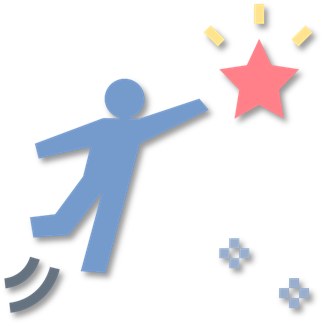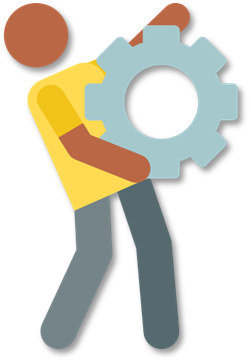Step 1: Use Case
| Topic | Question | Answer |
Stakeholders | What users/stakeholders are involved in your use case? (if there are many, choose 3 max to focus on) Please add the name, age, gender, and one hobby (i.e. a first step towards the identification of personas). | Bob is a male and 80 years old; He loves working out and walking. Also, he suffers from Krosakoff and has anger issues. Besides that, he is lonely. Maria is a 72-year-old female. She loves knitting and walking to the park. She suffers from mild dementia and diabetes. Mohammed is a 95-year-old male who suffers from sever dementia. He likes to make his own candy. |
Stakeholders' goal | What do these people want to achieve? | Bob: Wants to be able to workout and go to the park by himself Maria: Go to the park by her self again to increase her independence. Mohammed: Make candy for all children and remember their favourites. |
Values and motivation | Why do these people want to achieve this?
| Bob: Makes him feel capable, self-efficient and autonomous. Also he can manage his anger issues better Maria: Walking to the park makes her independent again and lets her feel like a normal person. Ik gives her the feeling of autonomy and self-efficacy. Mohammed: It enables him to keep a good relationship with his family. He can be an active part of the family and receive and give all the love he wants. |
Role, task and context | What is humans' role in the overall task performance or activities? (e.g., think about the responsibilities) What are the main tasks or activities of these people? (Note that the roles, tasks or activities of humans can change due to the introduction of new technology) Which context factors have a major effect on the performance or activities? | John: Analyze what is broken. Understand what is broken. Order new parts. Fix it (safely). Don't electrocute himself. Maria: Caregiver for herself. Remember route. Watch traffic. Mohammed: Remember children. Think about recipes. Remember favourites. Make candy |




